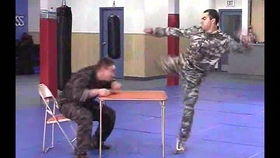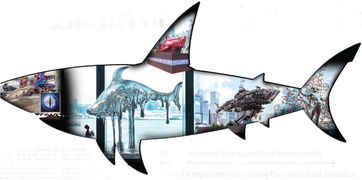Content:
Introduction: Fishing, an ancient and timeless hobby, has been captivating the hearts of people across the globe for centuries. Whether you are a seasoned angler or a beginner looking to enhance your skills, mastering the art of fishing can elevate your experience to new heights. In this article, we will delve into the secrets of fishing masters and provide you with essential tips and techniques to help you become a skilled angler.
Choose the Right Equipment: The foundation of successful fishing lies in selecting the appropriate equipment. Here are some key considerations:
a. Rod and Reel: Choose a rod and reel that suit your fishing style and the type of fish you intend to catch. Lightweight and flexible rods are ideal for panfish and trout, while heavy-duty rods are better for larger fish like bass and salmon.
b. Line: Select a line that matches the rod's strength and the type of fish you are targeting. Monofilament, fluorocarbon, and braided lines each have their advantages, so research and experiment to find the best fit for your needs.
c. Lures and Baits: Understand the habits and preferences of the fish you want to catch. Research local species and choose lures or baits that mimic their natural prey.
Master the Basics of Casting: Casting is a fundamental skill that can greatly enhance your fishing experience. Here are some tips to improve your casting technique:
a. Grip the rod properly: Hold the rod with a comfortable grip, allowing for a natural wrist action.
b. Practice casting in open areas: Start by casting short distances and gradually increase the distance as you become more proficient.
c. Use a wrist flick: Begin the casting motion with a wrist flick, allowing the rod to load and transfer energy to the lure or bait.

Understand Fish Behavior: To catch fish, it is crucial to understand their behavior and habitat. Here are some key points to consider:
a. Study the local species: Research the habits, feeding patterns, and preferred habitats of the fish you want to catch.
b. Pay attention to weather and water conditions: Fish may be more active or less active depending on weather conditions, water temperature, and clarity.
c. Observe the surroundings: Look for signs of fish activity, such as bubbles, splashes, or feeding frenzies, and adjust your approach accordingly.
Perfect Your Bait Presentation: The way you present your bait or lure can significantly impact your success. Here are some tips to improve your bait presentation:
a. Work with the current: If you are fishing in a river or stream, allow the current to work for you. Present your bait in a natural and flowing manner.
b. Vary your retrieve: Experiment with different retrieves, such as a slow roll, a steady retrieve, or a stop-and-go pattern, to mimic the natural movement of prey.
c. Be patient: Sometimes, the best way to catch fish is to simply wait. Give your bait time to work and avoid overcasting or spooking the fish.
Develop a Connection with Nature: Fishing is not just about catching fish; it is an opportunity to connect with nature. Here are some tips to enhance your overall experience:
a. Respect the environment: Always follow fishing regulations and guidelines to ensure the conservation of fish populations and their habitats.
b. Practice catch-and-release: If you do not plan to keep your catch, release the fish responsibly to ensure their survival.
c. Learn from others: Join fishing clubs or attend workshops to learn from experienced anglers and expand your knowledge.
Conclusion: Mastering the art of fishing requires patience, practice, and a deep understanding of fish behavior and nature. By following these expert tips and techniques, you can enhance your fishing skills and create unforgettable experiences on the water. Remember to respect the environment and fish populations, and enjoy the serenity and tranquility that fishing has to offer. Happy fishing!












